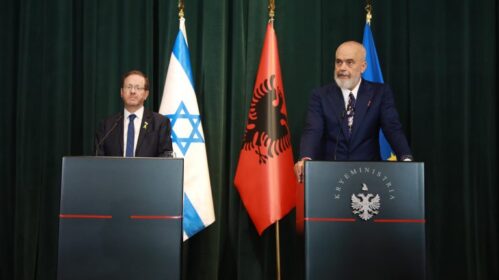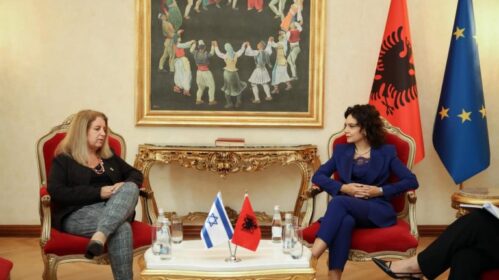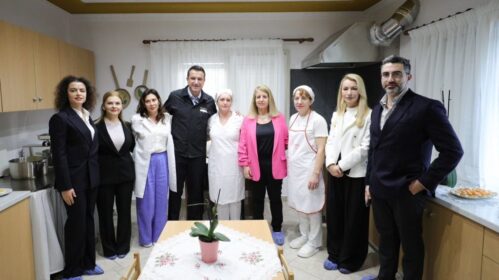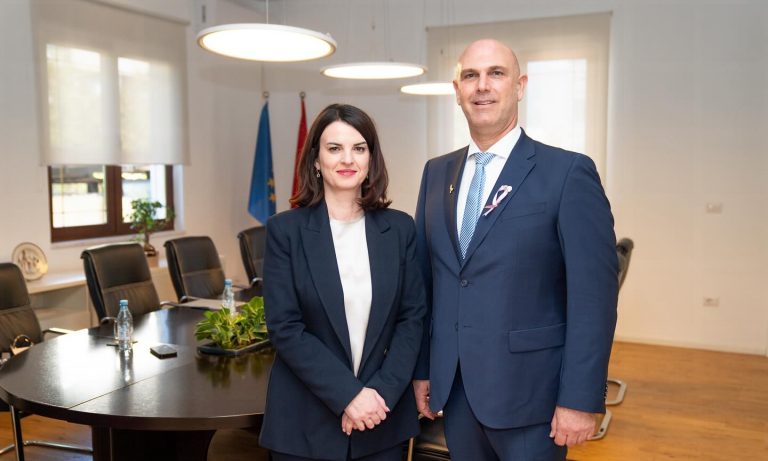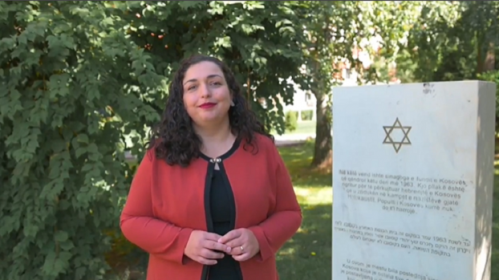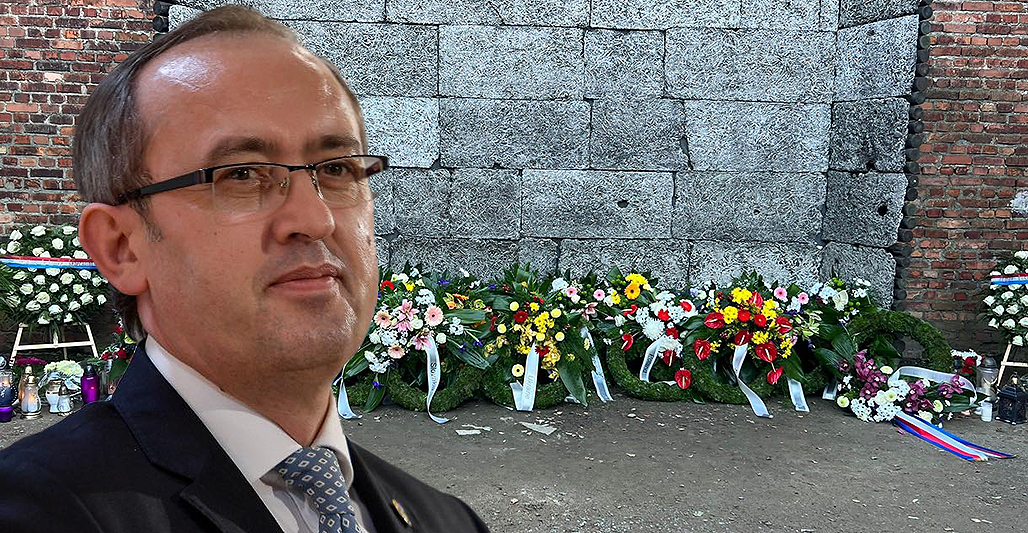As a little girl, Johanna Neumann witnessed the brutality of the Nazis and the kindness of a group whose role was less known in the Holocaust: Albanian Muslims.
Neumann’s family fled to Albania after Kristallnacht, a series of attacks in November 1938 that destroyed numerous synagogues and Jewish businesses. When the Nazis occupied Albania in 1943, an Albanian family saved her own family.
At that time, Muslims faced little prejudice, Neumann said, and she’s found it disheartening how people today stereotype those of Islamic faith based on the actions of extremists.
“Because someone happens to be a Muslim doesn’t mean he also happens to be a terrorist,” she said. “It’s really deplorable. We cannot as a society distinguish between good and bad. We are so prejudiced.”
“Besa is a reminder of the good and righteousness in people,” she said.
Members of FAU’s Jewish Culture Society felt it was important to spotlight “this important and little known chapter of history,” Group President Evelyn Solomon said.
Neumann, 82, will share her experiences tomorrow at Florida Atlantic University to mark the 75th anniversary of Kristallnacht, also known as the Night of Broken Glass. As part of the event, the university’s Jewish Culture Society will screen a documentary, “Besa: The Promise,” which details how the Muslims of Nazi-occupied Albania saved thousands of Jews. They invoked an ancient moral code of “besa,” a vow to care for anyone facing danger.
The film centers on the effort by Rexhep Hoxha, a Muslim-Albanian, to return a set of Hebrew books to a Jewish family his father helped save. But survivors from other families are also interviewed, including Neumann.
“I am delighted that the film is being shown on such an infamous date as the 10th of November,” said Neumann, who now works at the U.S. Holocaust Museum in Washington, D.C.
Florida Atlantic University event spotlights Albanian heroes in Holocaust








